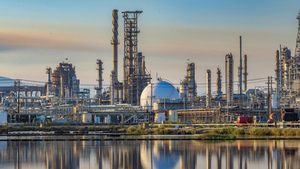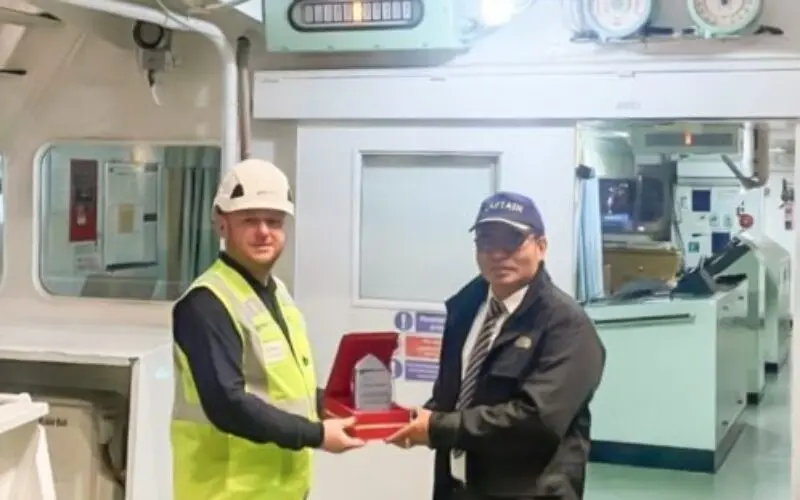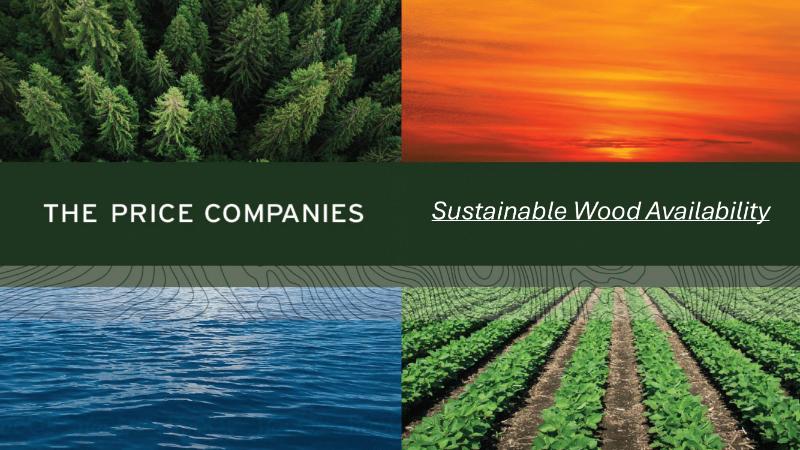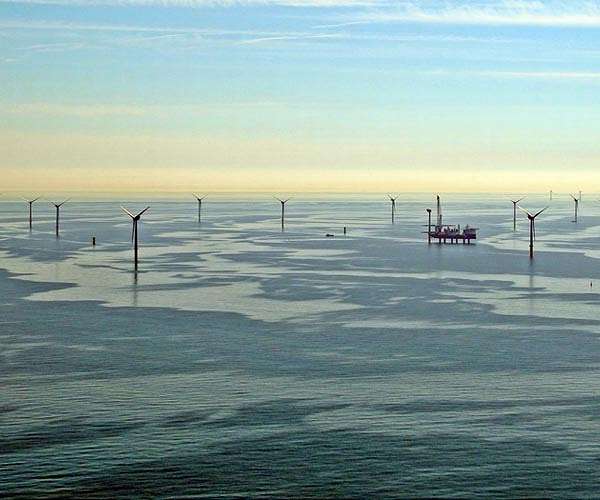
The U.S. EPA in March approved a fuel pathway filed by Martinez Renewables LLC that will allow the California-based biorefinery to generate D5 advanced biofuel renewable identification numbers (RINs) under the Renewable Fuel Standard for liquefied petroleum gas (LPG) made from biogenic waste fats, oils and greases (FOG) via a hydrotreating process.
Martinez Renewables is a 50/50 joint venture between Marathon Petroleum Corp. and Neste Corp. that has converted Marathon’s existing refinery in Martinez, California, to renewable diesel production.
Marathon earlier this year announced that the first phase of the Martinez conversion project had commenced startup activities and is on track to be operating at full nameplate capacity of 260 MMgy by the end of the first quarter of 2023. Feedstock pretreatment capabilities expected to come online by the end of the year are expected to boost capacity to 760 MMgy.
The pathway approval document published by the EPA indicates that the Martinez refinery produces LPG fuel from biogenic waste FOG using a process involving hydrotreating with grid electricity, natural gas and hydrogen produced from natural gas via steam methane reforming as energy sources. EPA’s analysis shows LPG produced at the Martinez refinery achieves a 78 percent greenhouse gas (GHG) reduction when compared to a 2005 diesel baseline. Biobased fuels must achieve a 50 percent GHG reduction to qualify for the generation of D5 RINs.
According to information published by the EPA, the Martinez refinery is also able to generate D4 biomass-based diesel RINs for certain biobased fuels it produces, including renewable diesel.
A full copy of the approval document is available on the EPA website.







